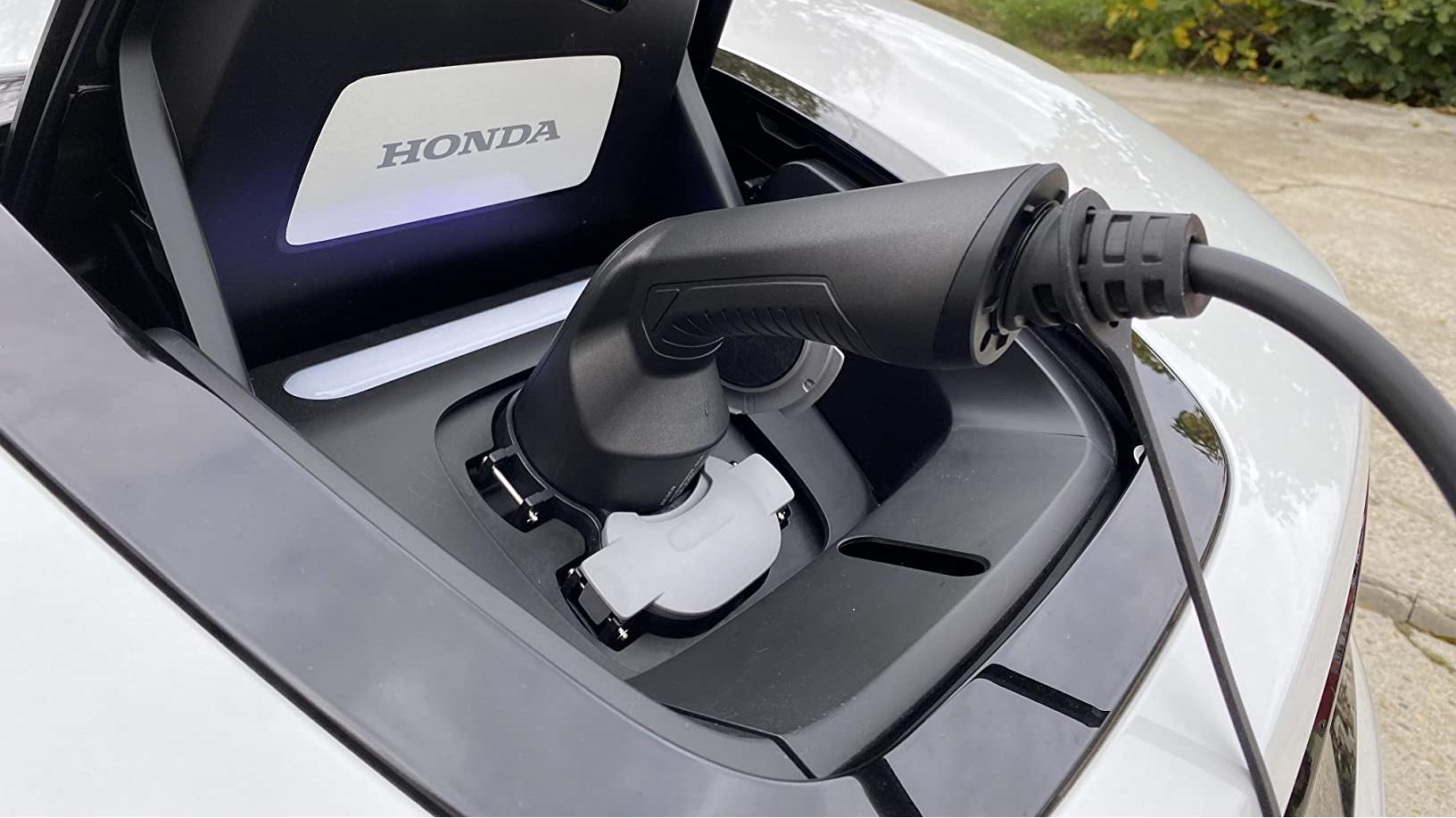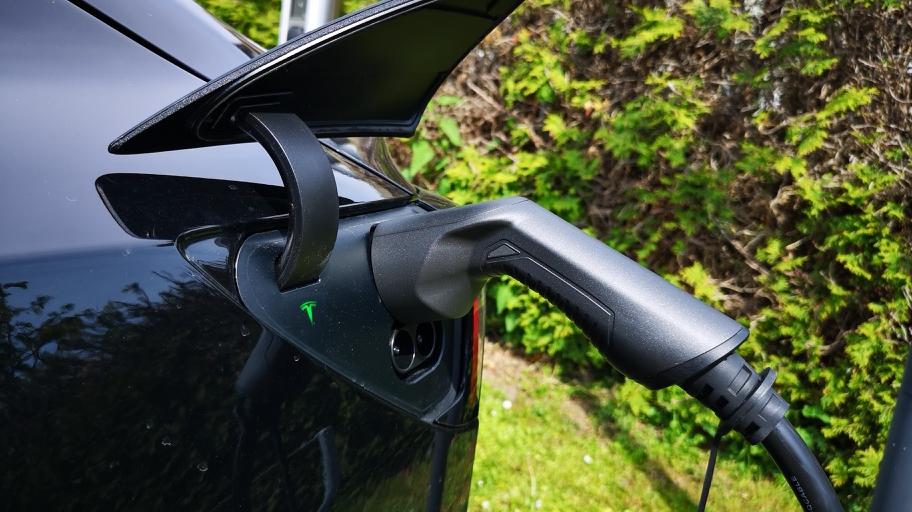As EV cars become increasingly popular, understanding how to charge them correctly and safely in the colder months is essential. Autumn and winter bring unique challenges, from lower temperatures to inclement weather, which can impact charging efficiency and battery performance. In this guide, we’ll explore best practices for charging your electric vehicle in autumn and winter, ensuring you get the most out of your charging experience with MOREC's AC electric vehicle chargers.
Understanding EV Battery Performance in Cold Weather
Electric vehicle batteries are designed to operate efficiently in various temperatures, but extreme cold can affect their performance. Cold weather can reduce battery capacity, making it crucial to adopt proper charging techniques during autumn and winter.
Key Considerations:
- Temperature Impact: EV batteries can lose 20-40% of their capacity in cold temperatures, affecting driving range.
- Preconditioning: Preheat your vehicle while it’s still plugged in to conserve battery power for driving.
Best Practices for Charging Your EV
1. Use Quality AC Chargers
Investing in high-quality AC electric vehicle chargers, like those offered by MOREC, ensures reliable and efficient charging. Look for chargers with safety certifications and features such as overcurrent protection and temperature control.
2. Charge Regularly
Frequent charging during autumn and winter helps maintain battery health. It’s advisable to keep your EV charged between 20-80% to prolong battery life. Utilizing home chargers whenever possible can help avoid range anxiety.
3. Find Safe Charging Locations
Ensure your charging location is free of ice and snow. If you’re using public charging stations, check their availability in advance and monitor any weather advisories that might affect access.
4. Avoid Overcharging
While it’s tempting to charge your EV to 100%, it’s best to avoid doing so regularly in cold weather. Overcharging can lead to reduced battery life. Instead, aim for 80% for daily use.
5. Check Your Charging Equipment
Inspect your charging cables and connectors for any signs of wear or damage. Cold weather can make cables more brittle, increasing the risk of failure. Using MOREC’s durable charging equipment can help mitigate this risk.
- Plan for Longer Charging Times
Cold temperatures can slow down charging rates. If you’re planning a long trip, account for longer charging times and schedule your charging stops accordingly.
- Use Smart Charging Features
Many modern EVs come equipped with smart charging features. Use these to schedule charging during off-peak hours, which can be more economical and help reduce strain on the grid.
Maintaining Your EV During Winter
In addition to proper charging practices, maintaining your EV during the colder months is essential for optimal performance:
- Battery Health Checks: Regularly monitor battery health through your vehicle's diagnostics. Many apps can provide insights into battery status.
- Tire Maintenance: Cold weather can affect tire pressure. Keep your tires properly inflated to ensure optimal handling and efficiency.
Conclusion
Charging your electric vehicle correctly and safely during autumn and winter is crucial for maximizing battery performance and ensuring a smooth driving experience. By following these best practices and utilizing MOREC’s reliable AC electric vehicle chargers, you can confidently navigate the colder months.
For more information on our products and to explore our range of EV chargers, visit morec-ev.com.






